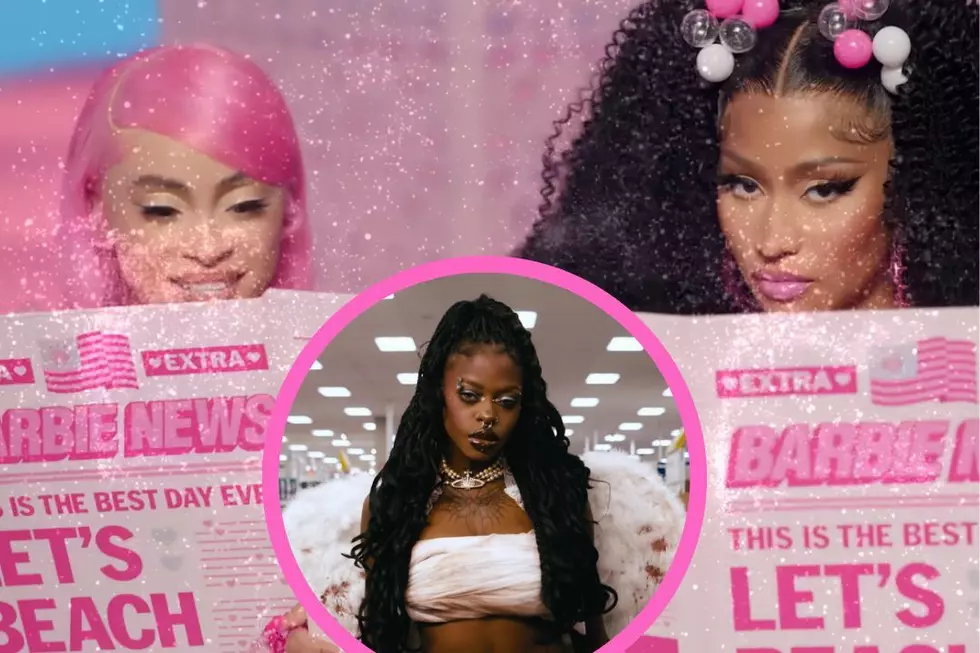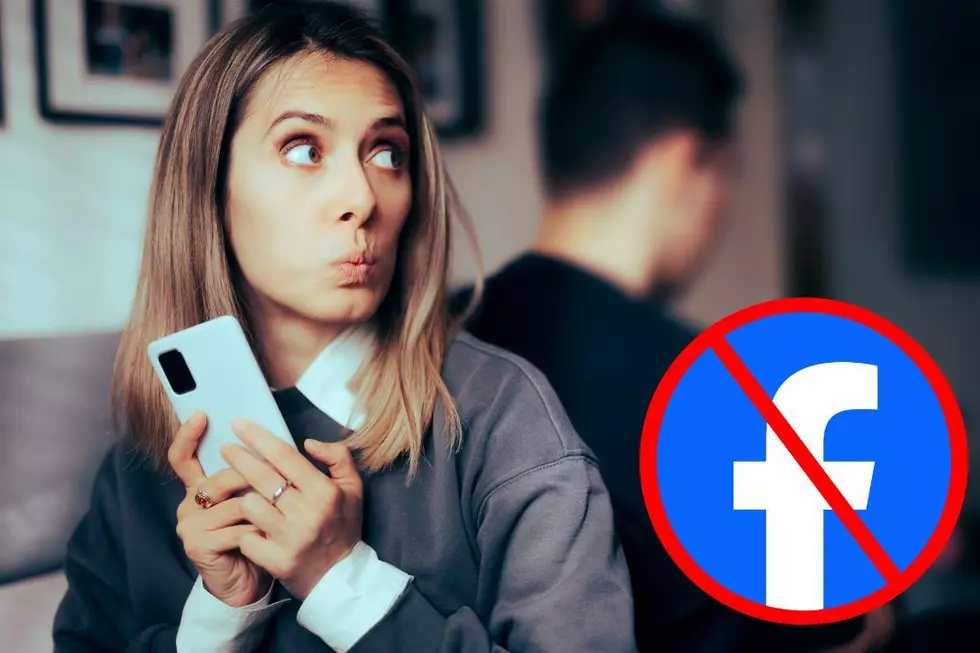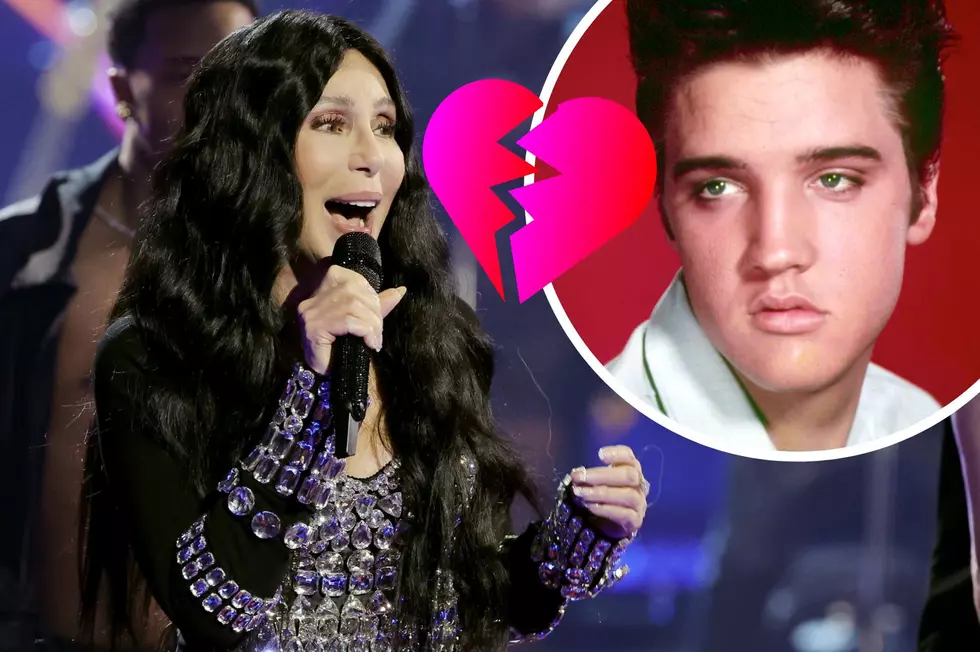
Here’s What Happens if You’re Caught Flashing Your Brights to Warn Drivers About a Speed Trap
I've done this and I'm sure you have, too. I've also been on the receiving end of this and I'm sure you have, too. Flashing those high beams to warn other drivers about a police officer ahead looking for speeders is one thing most of us do and appreciate to help each other out.
We often double-check to make sure our headlights are on or working if it's dark out, as well, since flashing lights can also be about grabbing our attention regarding something else. Even if a cop isn't ahead, those flashing lights can also mean slow down, stay alert, and be cautious because something is going on up ahead.
READ ON: Why Police Ask These 4 Questions After Pulling You Over
However, it's usually to warn of a speed trap and save our fellow driver from a costly ticket.
So is this illegal if we're caught warning another driver by flashing our brights quickly a few times? Is it technically obstruction of justice?
For decades this was illegal in states or counties around the country and I wouldn't be surprised if it was against the law in all states at one point. It's not worth researching that last assumption though since it doesn't matter anymore.
According to KTLA, this all changed in 2014. So even if this law is still on the books somewhere as obstruction of justice it shouldn't hold if you fight it.
A federal court in St. Louis, Missouri ruled that it's our First Amendment right as drivers in the United States to flash our lights to warn other motorists about a speed trap. Even the American Civil Liberties Union (ACLU) has stepped in around the country to represent people.
READ ON: 3 Reasons Why Police Touch Your Car During a Traffic Stop
This national ruling came from a Missouri case where a driver received a citation after he was caught flashing his lights to notify motorists about a speed trap according to KTLA and the ACLU has drivers' backs.
The police cannot retaliate against drivers who have done nothing wrong and are simply exercising their right to communicate with other drivers.
There's also that little-known 1974 United States Supreme Court ruling in Spence v. Washington as well dealing with non-verbal free speech as well.
Madonna: Her Life in Photos
Gallery Credit: Emma Madden
Celebrities Who Died in 2023
More From PopCrush









